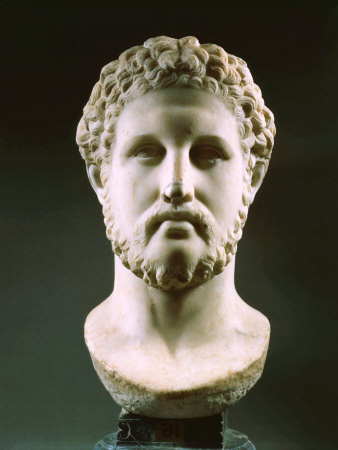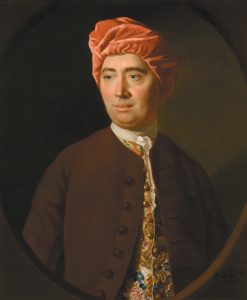Divide and rule (from Latin dīvide et imperā), or divide and conquer, in politics and sociology is gaining and maintaining power by breaking up larger concentrations of power into pieces that individually have less power than the one implementing the strategy.
“Divide et impera” is cited as a common principle in politics by Traiano Boccalini in La bilancia politica. The use of this technique is meant to empower the sovereign to control subjects, populations, or factions of different interests, who collectively might be able to oppose his rule. Machiavelli identifies a similar application to military strategy, advising in Book VI of The Art of War (L’arte della guerra): a Captain should endeavor with every art to divide the forces of the enemy. Machiavelli advises this act be achieved either by making him suspicious of his men in whom he trusted, or by giving him cause that he has to separate his forces, and, because of this, become weaker.
The maxim divide et impera has been attributed to Philip II of Macedon. It was utilised by the Roman ruler Caesar and the French emperor Napoleon (together with the maxim divide ut regnes).
Elements of this technique involve:
- creating or encouraging divisions among the subjects to prevent alliances that could challenge the sovereign
- aiding and promoting those who are willing to cooperate with the sovereign
- fostering distrust and enmity between local rulers
- encouraging meaningless expenditures that reduce the capability for political and military spending



![Power structure analysis ee36b8072ff61c3e815b410cee45449efe76e7d01cb0194296f6c3_640[1]](https://cognitive-liberty.online/wp-content/uploads/ee36b8072ff61c3e815b410cee45449efe76e7d01cb0194296f6c3_6401-300x169.png)

![Huxley's letter to Orwell iu[1]](https://cognitive-liberty.online/wp-content/uploads/2018/11/iu1-300x237.jpg)

![Coup d'état 1024px-Eugène_Delacroix_-_Le_28_Juillet._La_Liberté_guidant_le_peuple[1]](https://cognitive-liberty.online/wp-content/uploads/1024px-Eugène_Delacroix_-_Le_28_Juillet._La_Liberté_guidant_le_peuple1-300x241.jpg)

![Julius Cæsar's "Panem et circenses" ed34b30f29f51c3e815b410cee45449efe76e7d11cb9114291f1c3_640[1]](https://cognitive-liberty.online/wp-content/uploads/ed34b30f29f51c3e815b410cee45449efe76e7d11cb9114291f1c3_6401-300x198.jpg)
